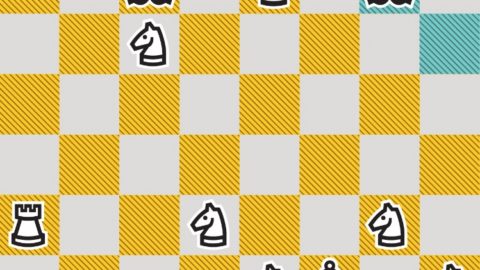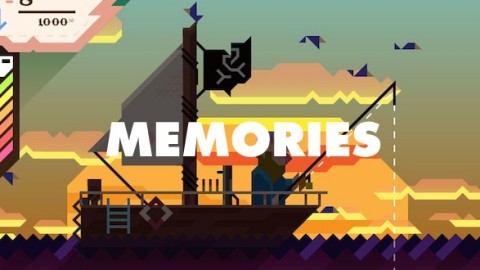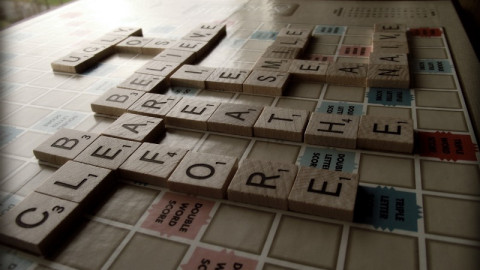
Really Bad Chess is bad in all the right ways
You’re taking a walk in Central Park. The sun is shining down on you, a stark contrast to the cool autumn wind that tickles the back of your neck. It’s a reminder that change is coming. As you stroll past the row of chess tables, you see two elderly men hunched over and glaring at each other with an intensity that startles you. As you approach, you notice that there are chess pieces sprawled everywhere. The two men look exhausted. You walk closer to see that the board is full of Queens. Nothing but Queens. One of the old men shakes…




